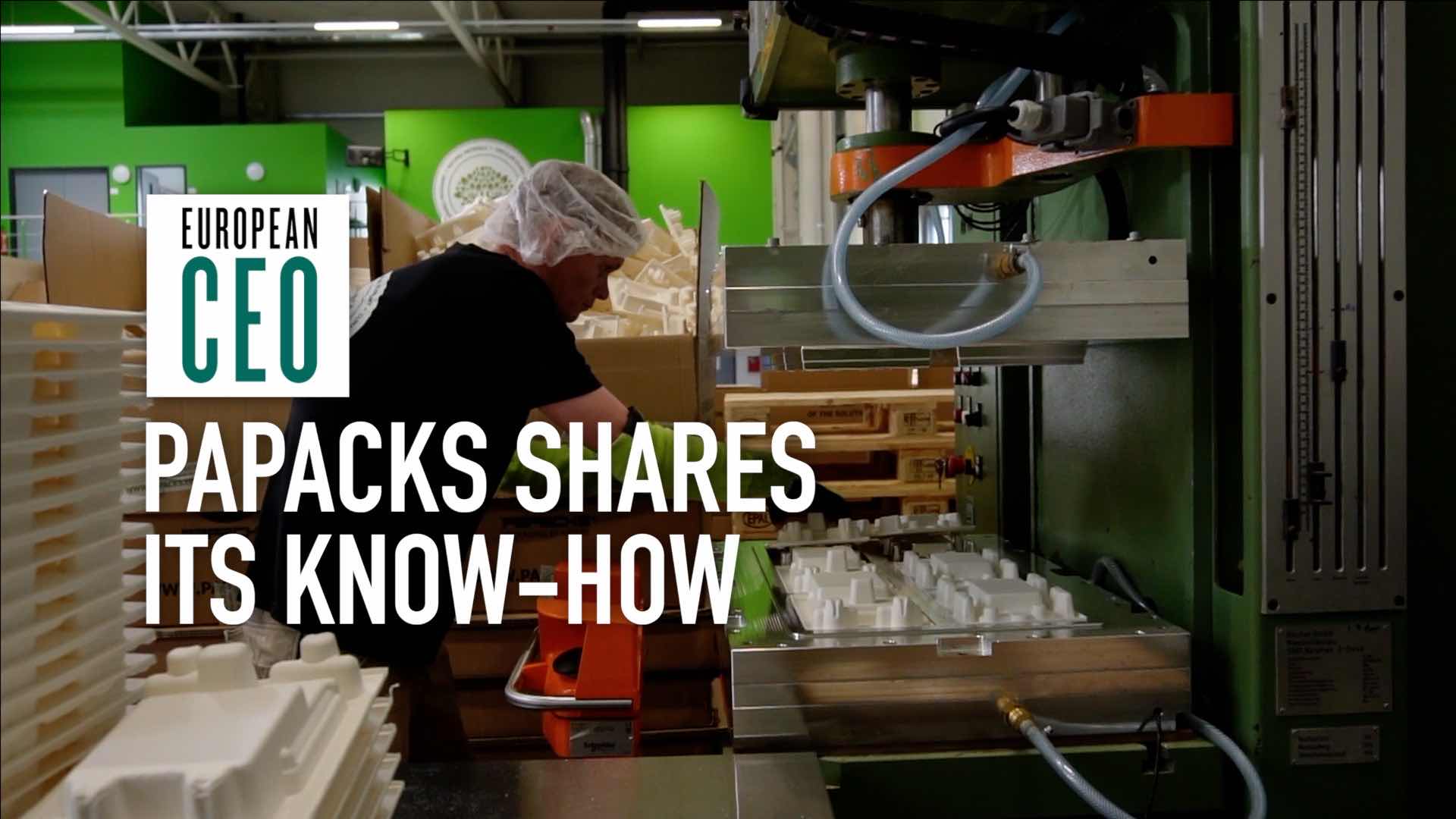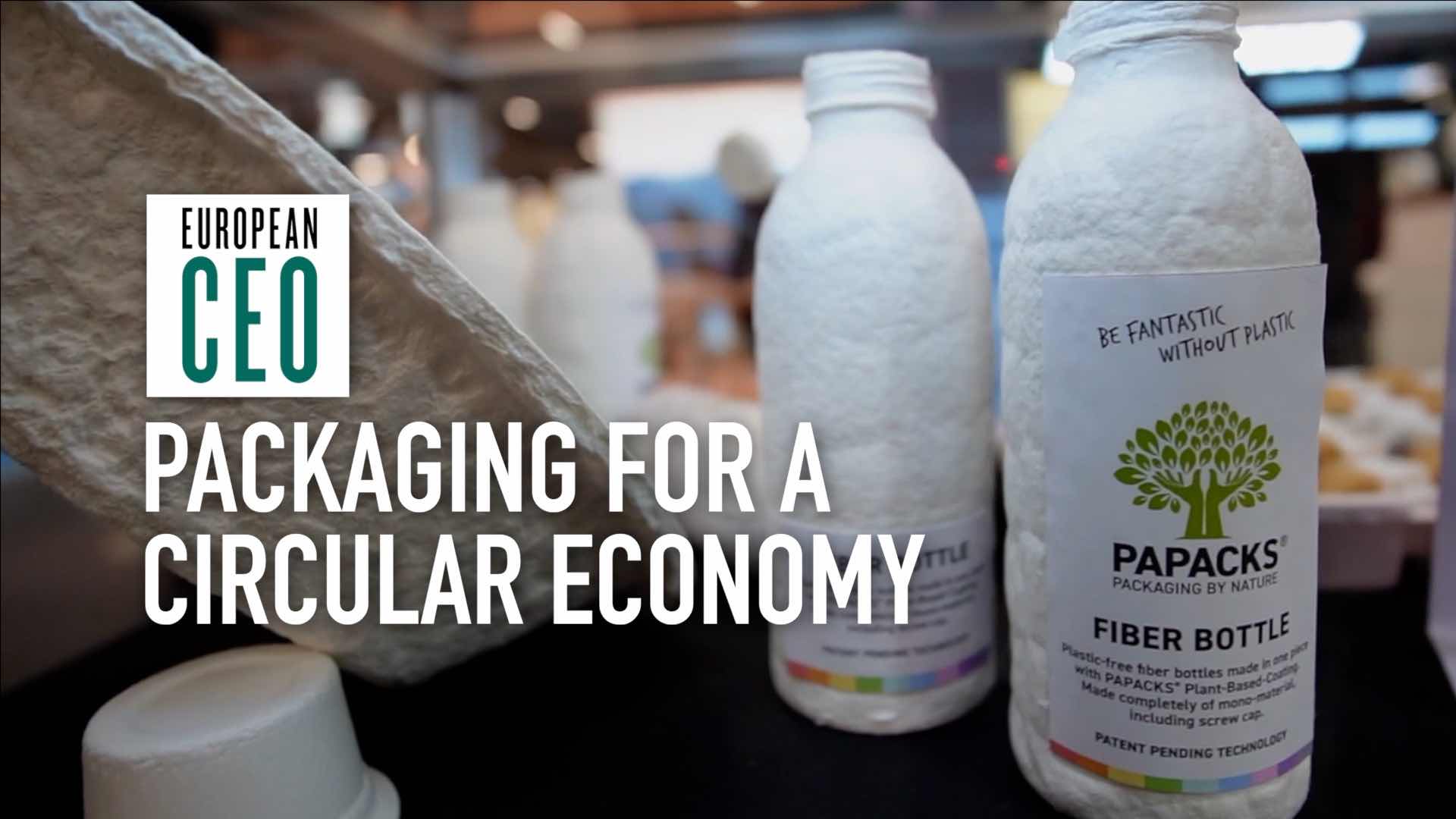Mathis: New EU medical device rules will bring more consolidation
Efficiency is vital for medical service providers working under increasing regulation, says the CEO of Appletree CI Group
Transcript
When it comes to R&D, clinical trials are pivotal. But with the regulatory landscape in Europe changing, the continent is losing ground compared with other markets. Dr Georg Mathis, president and CEO of Appletree CI Group, discusses the increasing pressure on clinical trials for medicines and medical devices. He also talks about the continuing wave of consolidation in the healthcare industry – and how it’s unlikely to stop any time soon.
European CEO: When it comes to R&D, clinical trials are pivotal. But with the regulatory landscape in Europe changing, the continent is losing ground compared with other markets. With me to discuss is Dr Georg Mathis, president and CEO of Appletree CI Group.
Well Georg, how is the approach to clinical trials changing, and what sort of impact is this having in the medical industry?
Georg Mathis: The industry faces the fact that clinical development becomes much more expensive in a market which is slightly depressed.
The requirements of clinical development, on medication, and medical device development, have increased dramatically over the past years. This is mainly due to the fact that clinical data have to be much more extensive, and the quality has to be much better.
That means that clinical studies have become longer, more complex, and more expensive.
Adding to this is the fact that all the normal diseases have been addressed – and what the industry is now doing is looking at rarer diseases, which one could not treat in the early days. And now one can, but with highly expensive medicines. So again, this contributes to much more expensive studies.
European CEO: Well as you said, bringing a drug to market is extremely costly. And actually, very few make it in the end. So do you think governments are doing enough to acknowledge and support this?
Georg Mathis: Should governments really subsidise drug development? I don’t think they should. But what they could do is cut red tape and facilitate market entries and market access.
To develop a drug – latest figures are $1.2 -1.5bn. This includes all the attrition – a lot of which you mentioned don’t make it to market authorisation.
Do governments appreciate that? Yes, I’m sure they’re aware of that. But governments have a lot of stakeholders. On the one hand they have patient groups which want them to bring new drugs to the market. So they will enable – and they have the duty to enable – new drug development. On the other hand they have all the taxpayers, which want them to contain costs.
European CEO: Okay, so talk me through the impact on the upcoming medical device regulation in Europe on industry and also on contract research organisations.
Georg Mathis: Medical devices are basically regulated on a self-declaration basis, by manufacturers, in which they assure that their devices comply with a number of requirements. This is a fast, non-bureaucratic procedure, which has worked well to bring affordable and safe devices to the market.
Now, the new regulation will increase more authority, more administration – that’s a disadvantage for the industry. The advantage for us as service providers is, it needs more clinical work. So it’s good news, but that clinical work has also to be provided efficiently in order to not raise costs unnecessarily.
European CEO: So bearing all of this in mind, what are the prospects for the healthcare industry in a more controlled, cost-sensitive environment?
Georg Mathis: The healthcare industry really has good prospects. We look at an aging population, we look at a more affluent population worldwide. An example here is – India has more affluent people than the entire population of America. And these people can afford healthcare, can afford even expensive healthcare.
However, the growing demand is exactly what creates problems for healthcare providers and governments – because their funds do not grow proportionally. The industry will grow, but it will grow at lower margins. And pharmaceutical and medical device companies need to possibly rethink their business models to cope with this challenge.
European CEO: Do you think small and mid-size service providers will actually survive this current consolidation wave?
Georg Mathis: In my opinion, not many really small companies, service providers, will survive. It’s inconceivable that a company like Allergan or Pfizer partners with a 50 people outfit. So they need to grow.
Also what the big companies want is full service providers. Really full service providers.
Those who may survive – small to mid-size companies who may be able to survive – are very specialised companies. Specialised in geographical areas, specialised in expertise or in medical indications.
European CEO: And what trends are we currently seeing in the market?
Georg Mathis: As discussed, we do see really two opposing trends. So we do have two movements – very expensive drugs for a small group of patients, which of course from an ethical point of view deserve that treatment. And we have the mass market which is served by generics.
Overall, the market will grow – but as I mentioned, at lower margins.
European CEO: Finally, how do you see the clinical trial market evolving in the future?
Georg Mathis: In my opinion, the cost pressure – exactly the cost pressure which we discussed, which is part of the reason for the consolidation – will contribute to a growth of the clinical service market.
Clinical trials are extremely complex. They require experienced staff, complex organisations, and if they are within a company they don’t always use that capacity. So it’s void capacity. So outsourcing is an attractive option to optimise costs, and that’s what we’re seeing.
So prospects for healthcare providers, clinical trial service organisations, is good. But they need – as we discussed – to adapt to the situation. Maybe to grow. And there will be much competition.


 Papacks CEO: ‘Working with sustainable impact makes people happy’
Papacks CEO: ‘Working with sustainable impact makes people happy’ Papacks goes global by sharing molded fiber technology in licence model
Papacks goes global by sharing molded fiber technology in licence model Think circularity: Molded fiber is the sustainable future of packaging
Think circularity: Molded fiber is the sustainable future of packaging